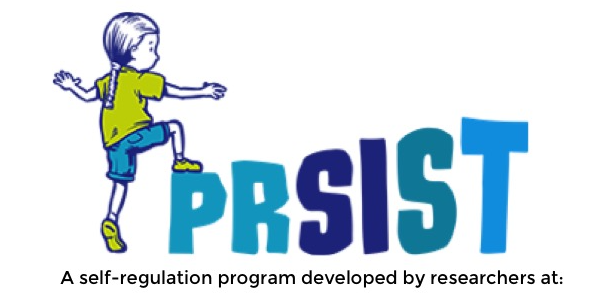
Behavioural Self-Regulation
Life is full of urges and impulses, at least some of which we are better off resisting. We may be full, but continue eating the snacks in front of us. We may have enough shoes, but get tempted by a sale at the mall. One child may want to grab a toy that another child is already playing with. A foundational ability in early childhood and beyond is the ability to resist urges and impulses that are contrary to our goals or current context. Yet these abilities don’t develop on their own. As with nearly everything, practice makes perfect. The activities that follow aim to engage, challenge and extend these emerging abilities.
These activities focus on behavioural self-regulation – the ability to overcome any behavioural urges and impulses that are not compatible with the child’s goals, or the current rules or situation. This is important for a whole range of reasons. In childhood, the ability to control impulses allows us to refrain from lashing out verbally or physically, taking things that aren’t ours, skipping someone else’s turn. The skills and abilities that the activities in this section try to promote include, but are not limited to:
- Being self-directed rather than needing to be directed by others
- Abiding by established rules
- Controlling their natural urges and impulses
- Being able to remain relatively still and seated, when needed
- Persisting with a task even when it becomes challenging




